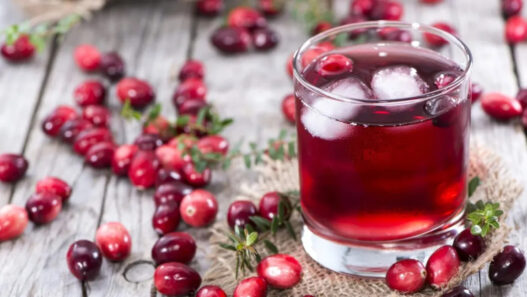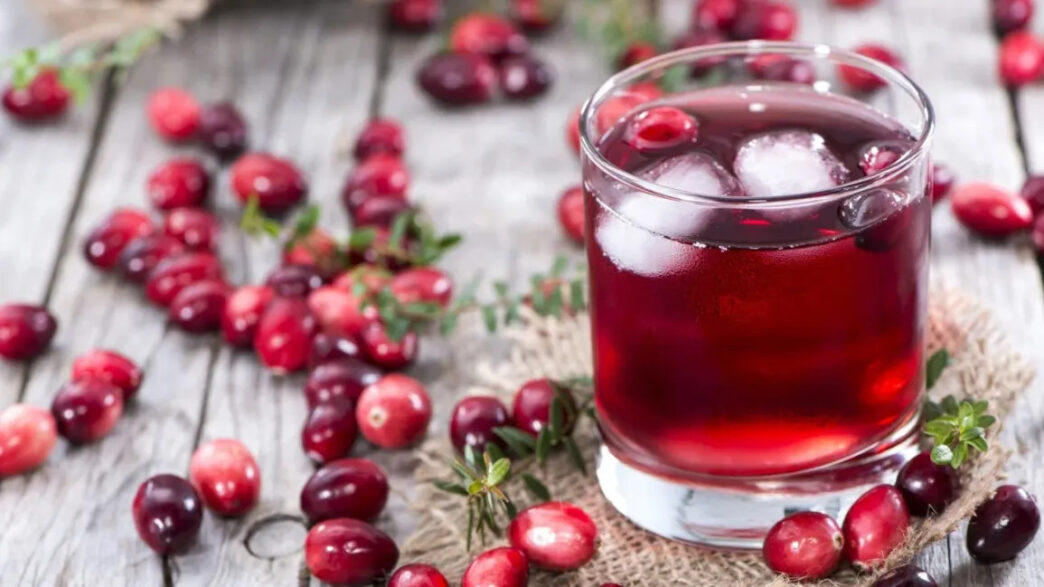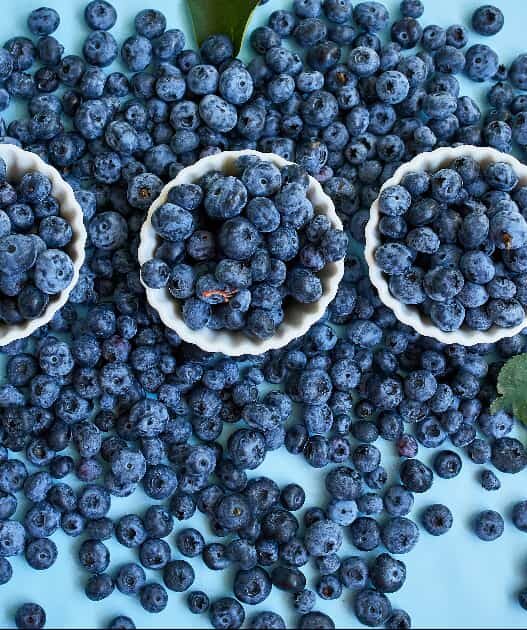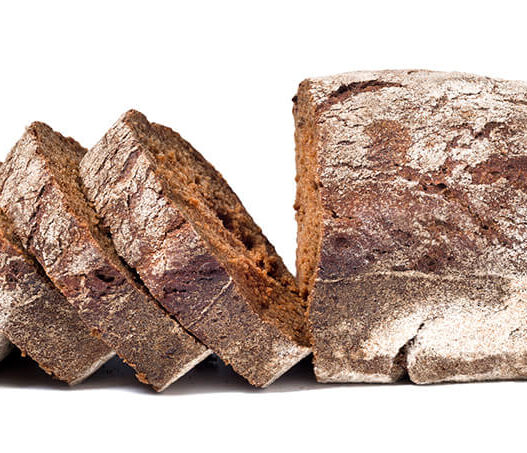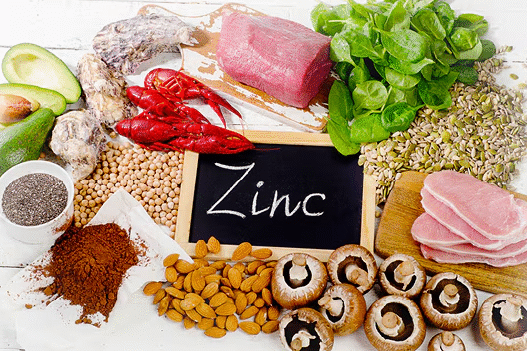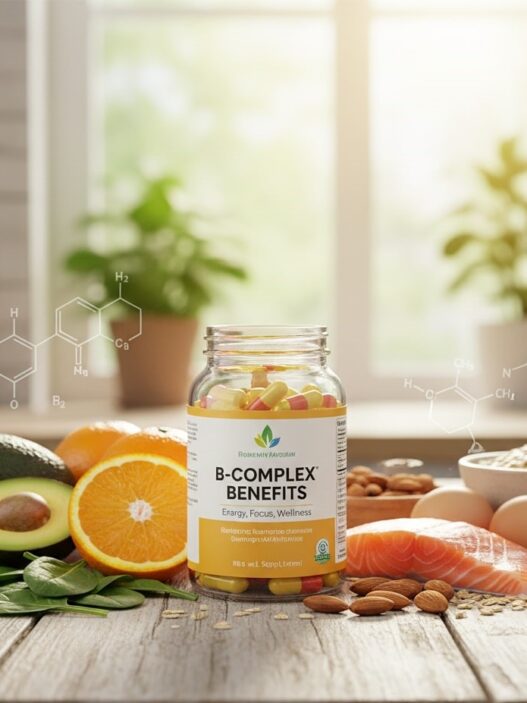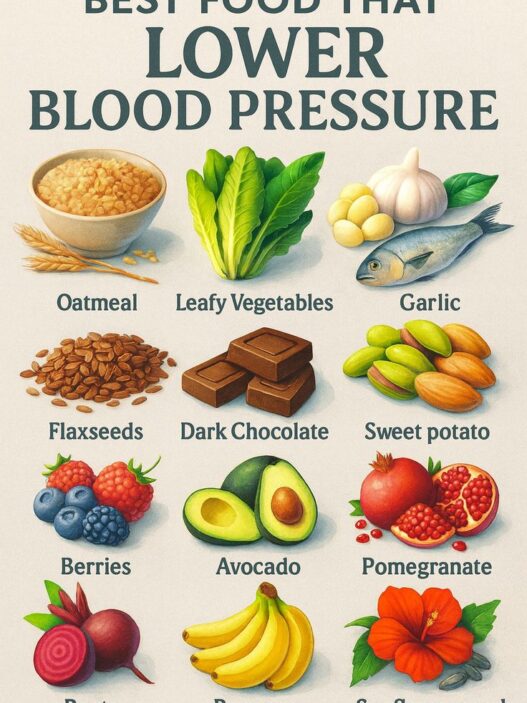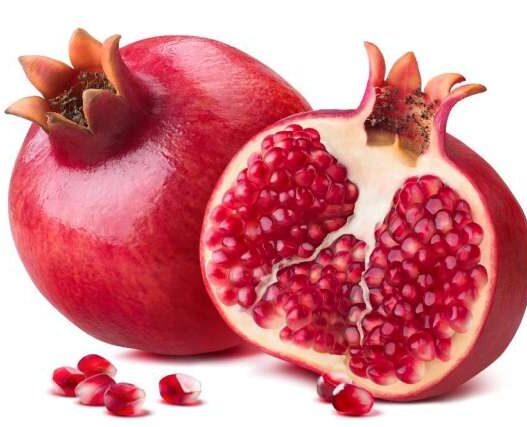Is cranberry juice good for you? Yes, cranberry juice has potential health benefits, including as preventing urinary tract infections (UTIs), enhancing heart health, promoting postmenopausal health, and more. Side effects are also possible with cranberry juice.
Cranberries – An Overview
The tiny, crimson berries known as cranberries (Vaccinium oxycoccos or Vaccinium macrocarpon) are indigenous to the United States and Canada. They thrive on low-lying, creeping vines and like moist, peat-based soil. Blueberries, bilberries, and huckleberries are all closely related to cranberries.
The largest producer of cranberries in the world is the United States. Almost 5.01 million barrels were produced in 2023 in Wisconsin state alone.
Although cranberry juice isn’t as well-known as orange or apple juice, it’s still a tasty beverage with a lot of health advantages. There are numerous health advantages to cranberry juice, but some individuals consume it to help avoid UTIs.
Although most of the research on cranberry juice’s health effects is preliminary, so is cranberry juice good for you. Yes, as the antibacterial and antioxidant properties appear promising. There are some potential health advantages of consuming cranberry juice.
For additional details on the potential advantages of cranberry juice, continue reading. The adverse effects of consuming cranberry juice are also examined in this article.
Age-related Issues
Because cranberry juice contains antioxidants, it may help prevent age-related damage.
As people age, chemicals known as free radicals build up in their bodies. Free radicals brought oxidative damage. Oxidative damage is linked to a number of health problems, such as cancer, diabetes, and heart conditions.
Antioxidants or substances that combat dangerous free radicals are among the substances found in cranberry juice. Because they contain antioxidants, cranberries and cranberry juice may be able to prevent age-related tissue damage.
Rich In Antioxidants
An 8-ounce serving of cranberry juice contains 26% of your recommended daily requirement of vitamin C, making it a great source of the vitamin.
As a potent antioxidant, vitamin C shields DNA and cells from harm brought on by chemicals known as free radicals. This could reduce your risk of heart disease, cancer, and other illnesses.
Vitamin C helps your body produce muscles, collagen, cartilage, and blood vessels. Consuming enough of it promotes quicker recovery from wounds. Additionally, vitamin C facilitates iron absorption.
About 20% of the recommended daily intake of vitamin E, which is critical for heart, blood vessel, and skin health, may be found in an 8-ounce glass of cranberry juice.
There are numerous more antioxidant components in cranberry juice, such as: Peonidin, Myricetin, and Anthocyanins, Quercetin, and Proanthocyanidins.
The skins of fresh cranberries are the primary source of these antioxidants. Cranberry juice has lesser levels of these antioxidants because it doesn’t contain the peels.
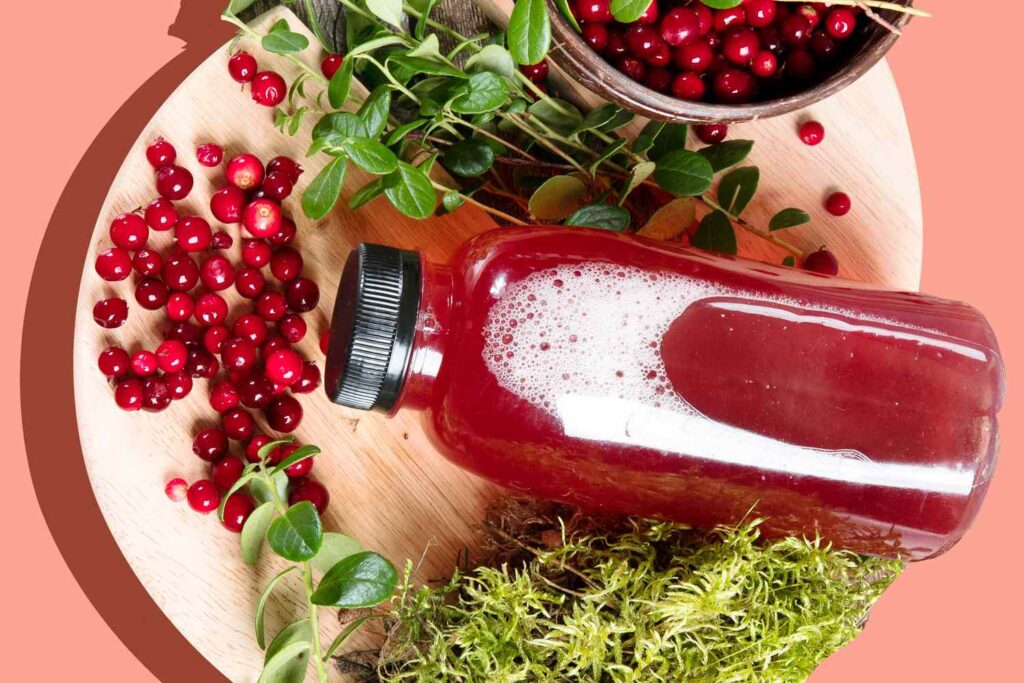
Heart Health
Cranberry juice has a number of components that may help heart health. Polyphenols are abundant in cranberries and they may help protect the heart.
Some participants in a 2021 trial were instructed to drink 500 milliliters of cranberry juice daily for eight weeks. A placebo was given to the other subjects. Cranberry juice consumption was associated with a significant decrease in diastolic ambulatory blood pressure throughout the course of the day.
However, the size of low-density lipoprotein (LDL) cholesterol, or “bad” cholesterol, particles also increased in individuals who drank cranberry juice. However, the LDL levels did not change.
This implies that cranberry juice might be good for heart health, but it’s essential to get guidance from a doctor, especially if you’re worried about LDL cholesterol.
UTI Treatment Or Prevention
The ability of cranberry juice to prevent or treat urinary tract infections (UTIs), which are typically brought on by the E. coli bacterium, is one of its most well-known health advantages.
Cranberry juice contains A-type proanthocyanidins, which may prevent this bacteria from adhering to the bladder and urinary tract walls.
However, research on cranberry juice‘s potential to prevent UTIs has yielded conflicting findings. In comparison to previous assessments conducted in 2004 and 2008, a 2012 study that included 24 studies on cranberries’ potential to prevent UTIs found them to be less effective.
A 2017 study found that cranberry juice’s antimicrobial properties decreased the frequency of UTIs in mice.
The capacity of antibacterial qualities to lessen Escherichia coli (E. coli) colonization in the urinary bladder might be one of the causes of the decrease in UTI incidence. Most UTIs are caused by bacteria.
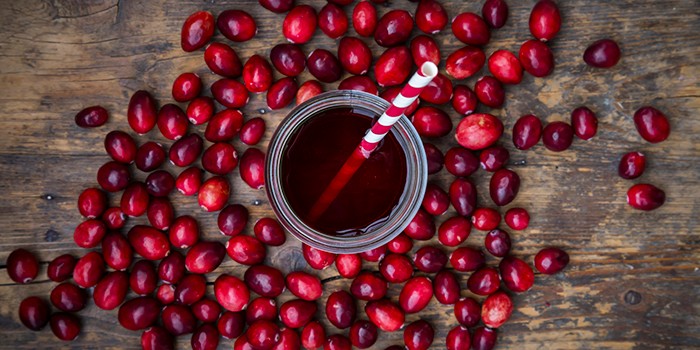
Conclusion
Is cranberry juice good for you and should you add it in your diet? Yes, antioxidants and vital minerals found in cranberry juice promote heart and immune system health and may aid in the treatment of recurrent UTIs. Cranberry juice can be only a beneficial supplement to a balanced and nutritious diet when taken in moderate amount.






